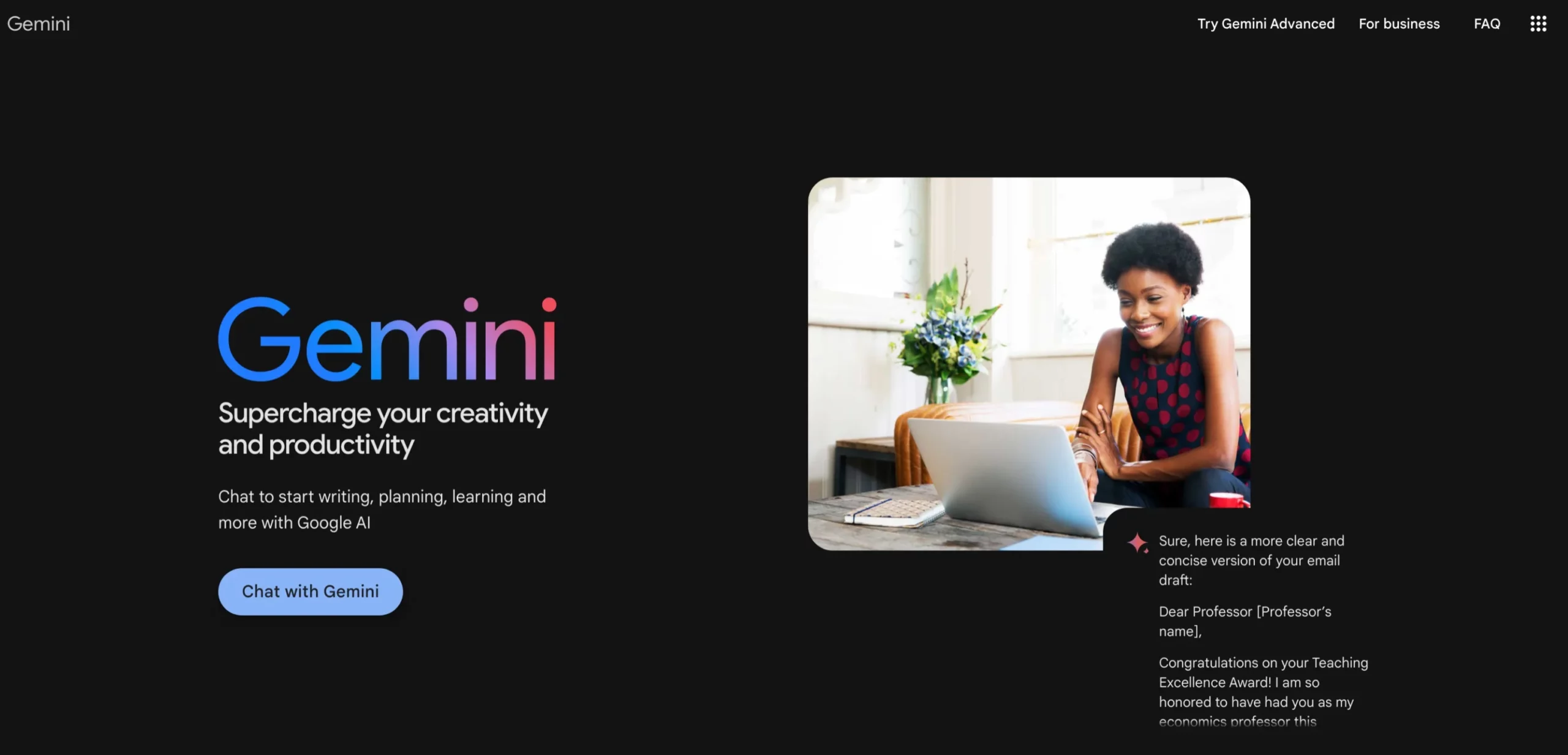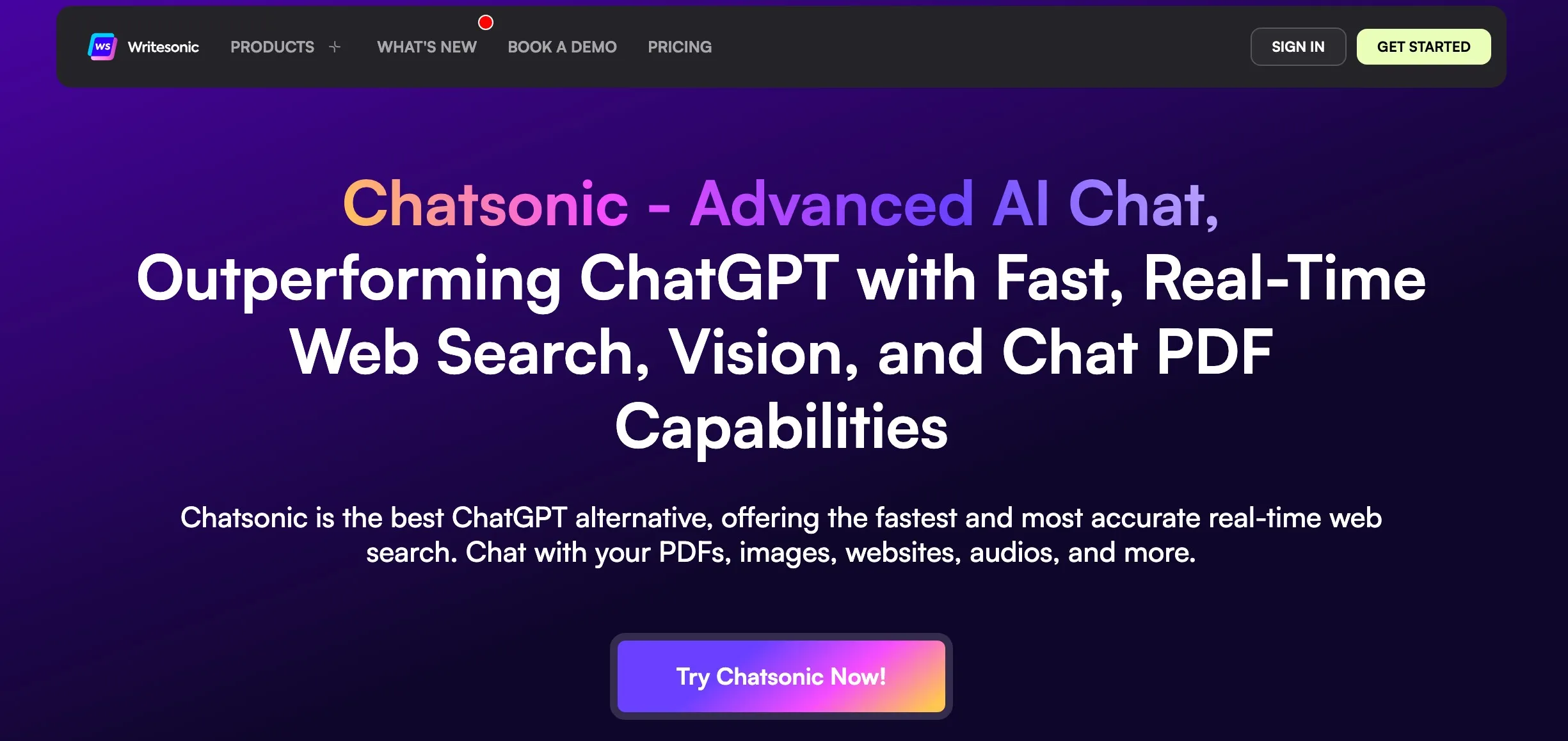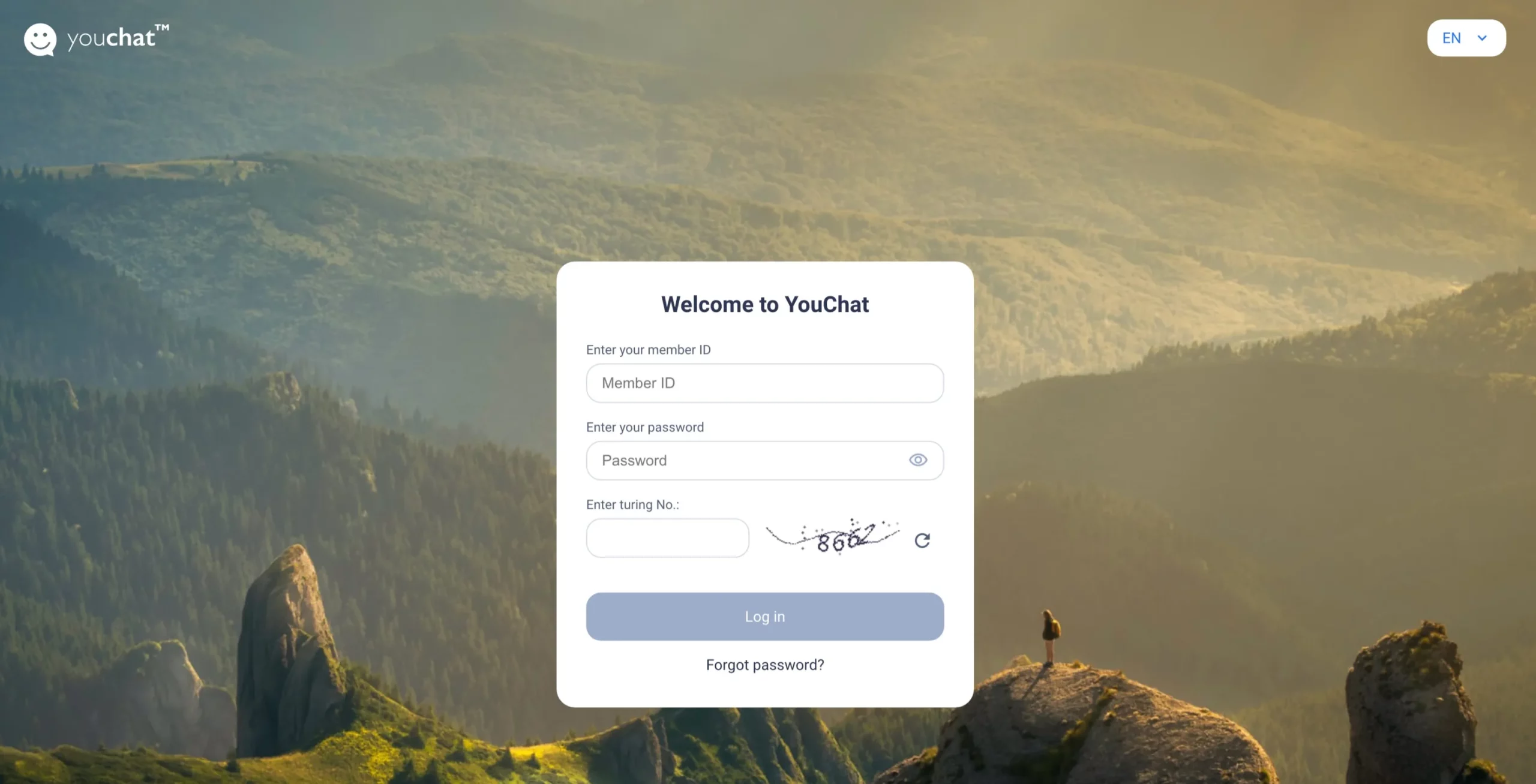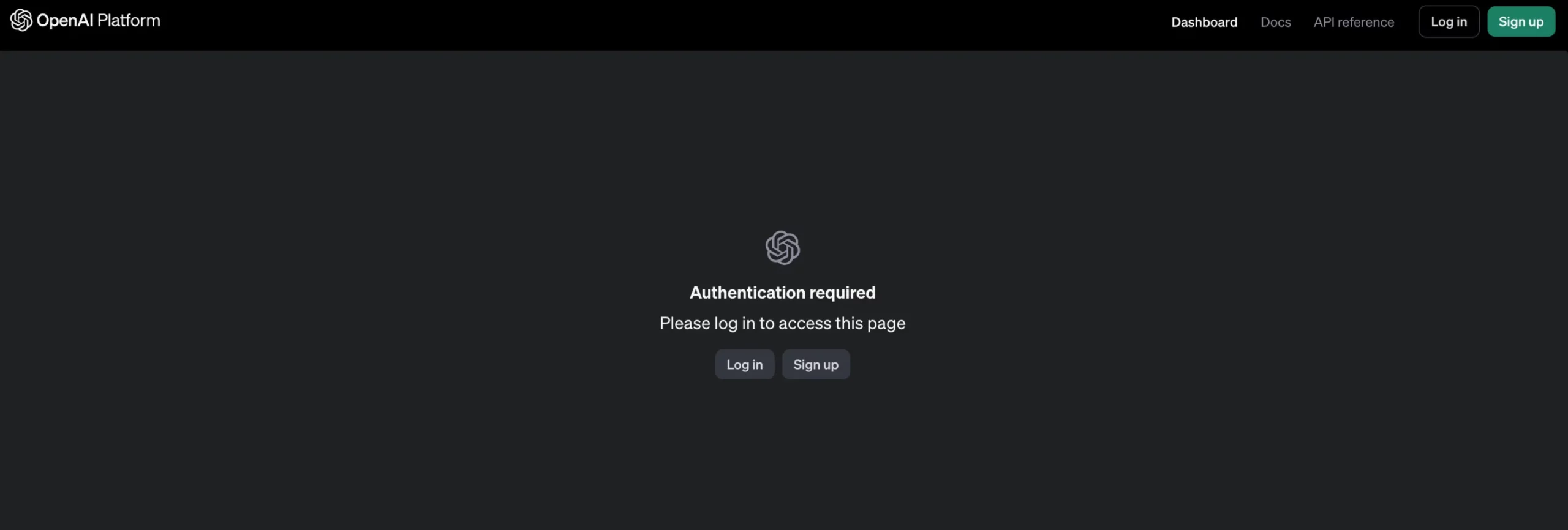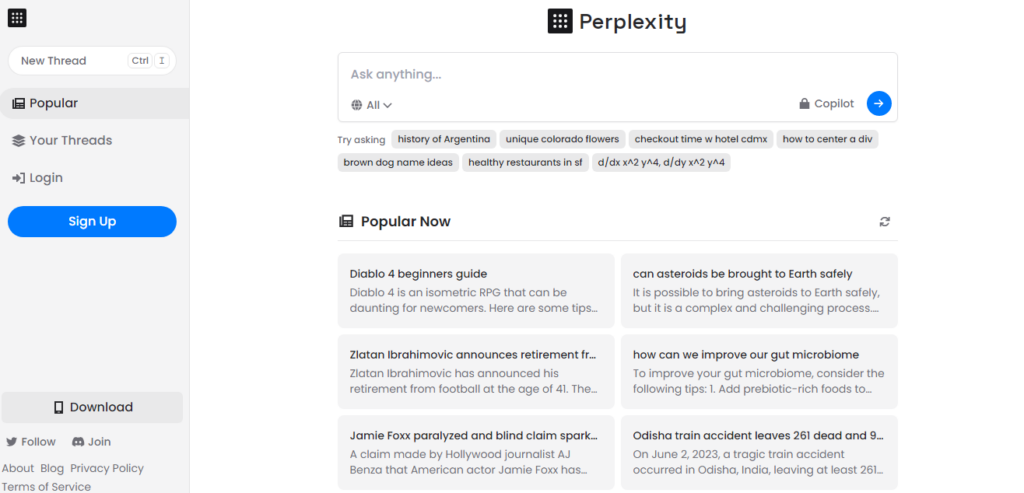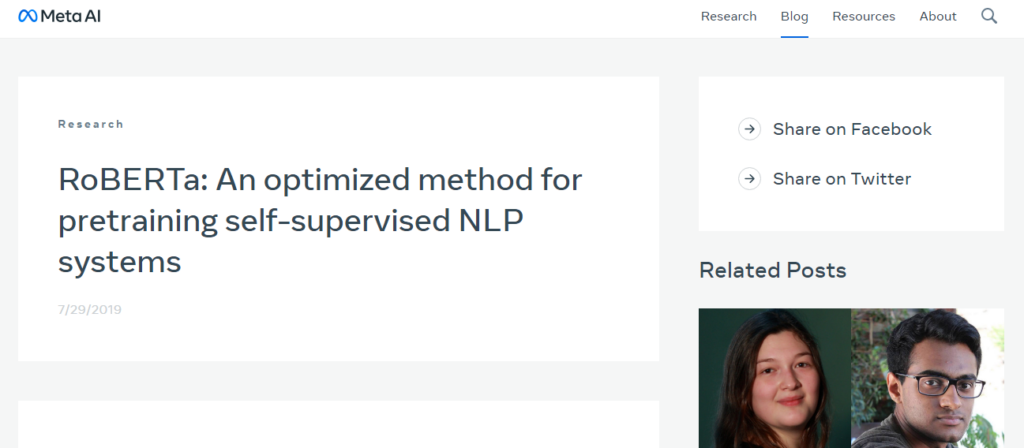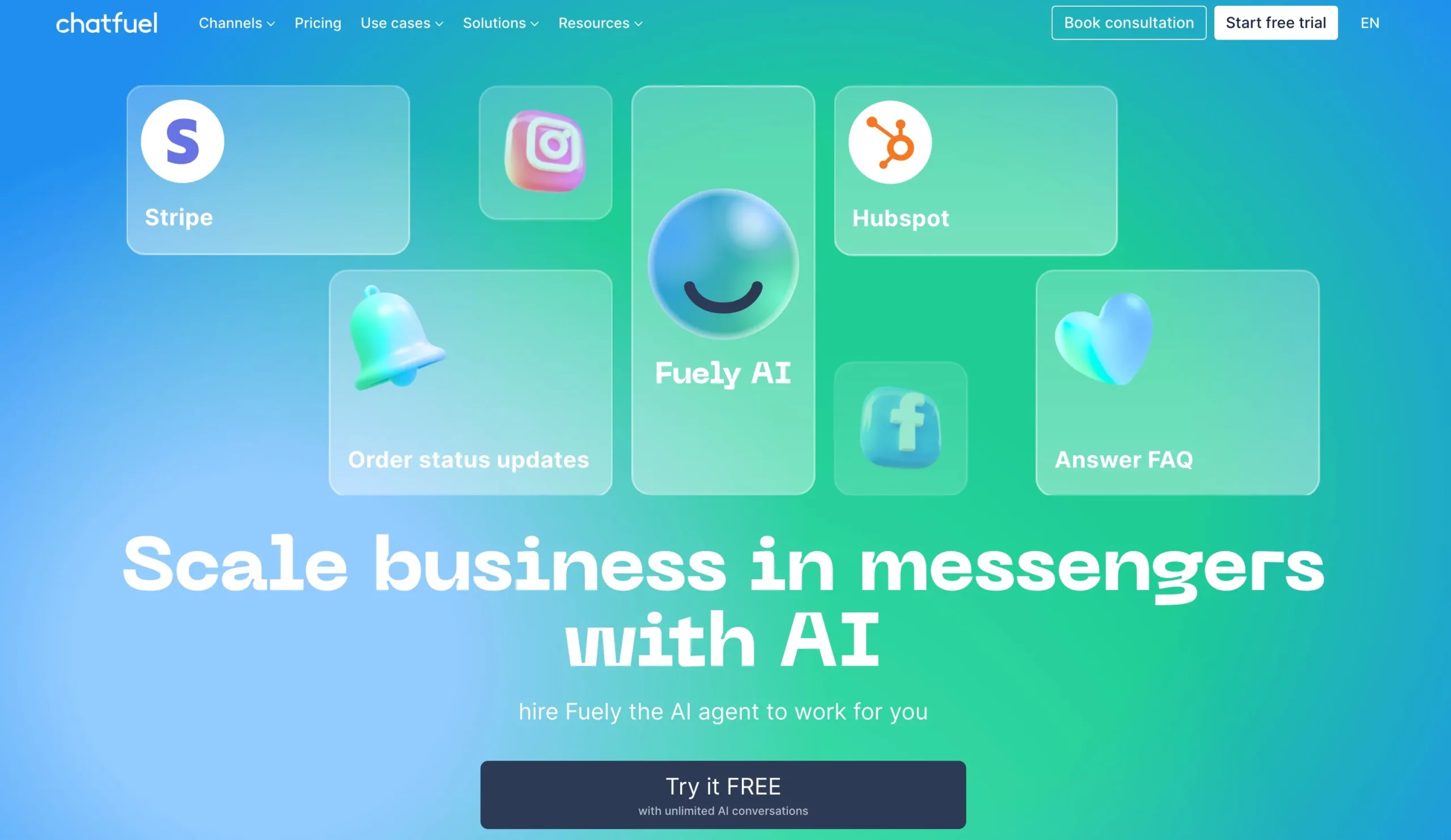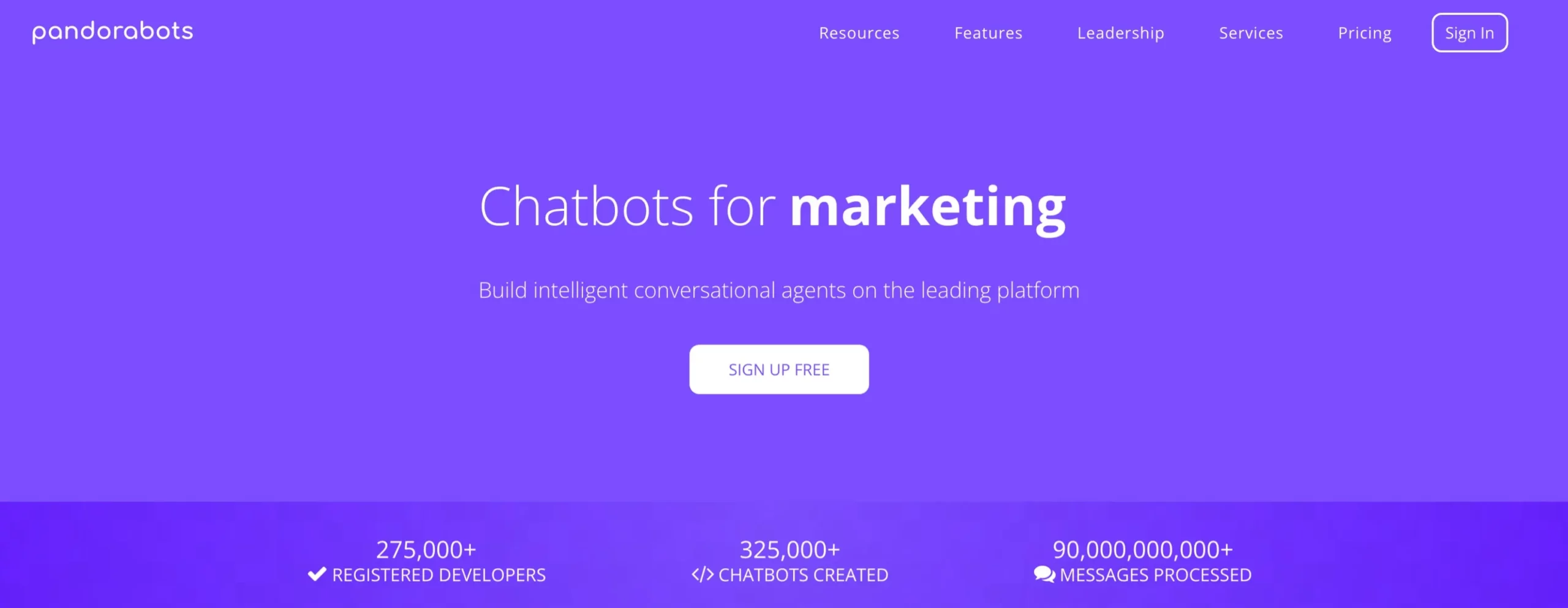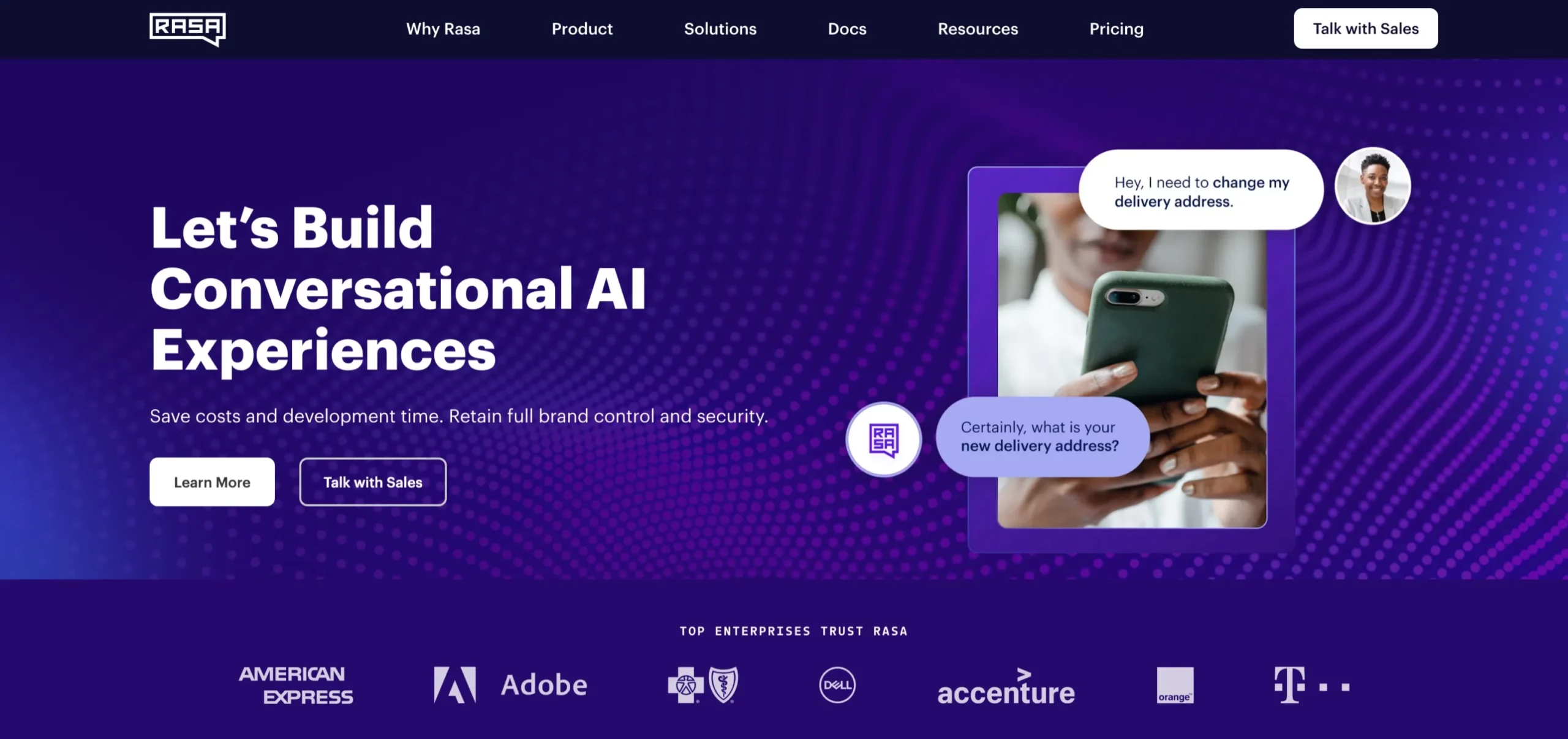In the world of conversational AI, ChatGPT has emerged as a popular language model, providing impressive capabilities for generating human-like responses.
However, there are several other noteworthy alternatives that offer unique features and advantages.
In this article, we will explore 14 powerful alternatives to ChatGPT that can enhance your conversational AI projects.
Whether you’re a developer, researcher, or business owner, these alternatives can provide diverse options to meet your specific needs.
Top 14 Alternatives to ChatGPT 2024
Here is the list of the top 14 Alternatives to ChatGPT
1. Gemini
A neural language model that Google made to come up with writing. Gemini is Google’s robot that uses AI to talk to people.
It will work just like ChatGPT, which means that people will be able to use the robot by talking to it.
Google’s Language Model for Dialogue Application is the basis for the new robot.
It is like LaMDA, but not as hard. Users will be able to see how power, intelligence, and imagination come together in Gemini.
2. Writesonic
Writesonic is a chatbot tool that lets businesses create and use AI chatbots that can have conversations.
It is one of the most recent tools to come out after the ChatGPT craze.
This chatbot and natural language processing (NLP) tool can understand and answer any question.
Visual AI combines Midjourney, ChatGPT, and Jasper, and writing combines ChatGPT and Jasper.
3. Jasper Chat
A chatbot tool that lets you build conversational experiences with the help of a visual interface. The layout of Jasper Chat is simple and easy for everyone to understand.
It can be hard and overwhelming to talk to AI, but Jasper Chat’s conversational AI interface breaks down walls between people and AI while keeping things easy and fun!
4. BERT by Google
A language model built on transformers that has set new benchmarks for a number of NLP tasks.
Jacob Devlin, Ming-Wei Chang, Kenton Lee, and Kristina Toutanova developed Bidirectional Encoder Representations from Transformers as a masked-language model in 2018.
BERT (Bidirectional Encoder Representations from Transformers) is a natural language processing (NLP) model developed by Google.
It is designed to understand the contextual meaning of words and sentences in order to improve language understanding tasks.
BERT utilizes a transformer architecture, which allows it to capture the dependencies and relationships between words by considering both the left and right contexts.
This bidirectional approach enables BERT to better comprehend the meaning of words in a sentence.
By pre-training on a large amount of text data, BERT can learn contextual representations that can then be fine-tuned for specific NLP tasks, such as text classification, question answering, and named entity recognition.
BERT has achieved significant advancements in various NLP benchmarks and has become a widely used model in the NLP research community and industry applications.
5. Character AI
A branch of AI that works on making robots that have personalities and can communicate with humans.
Character.ai, also known as Character.AI, is a neural language model robot web app that can respond to text messages in a way that sounds like a person and join a conversation.
6. YouChat
A platform for customer service and help that uses AI that can talk to people. YouChat works the same way as any other search tool.
The tool lets people do simple online searches like Google but in a more natural way. The robot can also answer users’ questions.
7. OpenAI Playground
The OpenAI Playground is a way to play around with OpenAI’s AI models through the web. In it, you can ask an AI bot to write almost anything for you.
You can talk to the AI, ask it questions, use it to write short stories and more.
You’ll need to create an account on OpenAI’s website in order to use Playground AI.
8. Perplexity AI
A way to measure how well a language model can predict the next word in a sequence. A smaller perplexity means that the model is doing better.
Perplexity Ask is a new search interface that uses OpenAI’s GPT-3 model and other advanced artificial intelligence technologies to give straight answers to questions and summaries and citations for search results.
9. RoBERTa by Facebook
Facebook created a transformer-based language model that improved on BERT and could do NLP jobs even better.
RoBERTa is a language model based on transformers that use self-attention to process input sequences and make representations of words in a sentence that make sense in their context.
One big difference between RoBERTa and BERT is that RoBERTa was learned on a much bigger set of data and with a better training method than BERT.
10. Chatfuel
It is a popular no-code chatbot development platform that allows users to create and deploy chatbots without any coding knowledge.
It offers an intuitive drag-and-drop interface, making it accessible to both technical and non-technical users.
With Chatfuel, you can easily integrate your chatbot with various messaging platforms, such as Facebook Messenger, and automate conversations with your audience.
The platform provides built-in templates for quick setup, allowing you to customize and personalize your chatbot’s responses and behaviour.
Chatfuel is known for its user-friendly interface, ease of use, and the ability to create chatbots quickly and efficiently.
11. PandoraBots
It is an AI chatbot platform that enables developers to create and deploy intelligent chatbots for various applications.
It offers a robust framework and tools for building conversational agents that can understand and respond to user inputs in a human-like manner.
PandoraBots utilizes the AIML (Artificial Intelligence Markup Language) scripting language, which allows developers to define patterns and responses for the chatbot’s interactions.
The platform provides a rich set of features, including natural language processing, speech recognition, and integration with popular messaging platforms.
PandoraBots is widely used to create chatbots for customer support, virtual assistants, and interactive entertainment.
It offers flexibility, scalability, and advanced customization options for creating highly engaging and interactive chatbot experiences.
12. Hugging Face Transformers
Open-source Hugging Face Transformers provide state-of-the-art natural language processing (NLP) models.
It specializes in transformer-based models, which are widely used for various NLP tasks such as text classification, sentiment analysis, machine translation, and question-answering.
By fine-tuning their parameters, models from the library can be easily tailored for specific applications.
Hugging Face Transformers simplifies the process of working with complex NLP models, providing a user-friendly interface and a rich ecosystem of tools and resources.
It has gained popularity among researchers, developers, and data scientists for its extensive collection of pre-trained models, community-driven contributions, and the ease of integration into different applications.
13. Rasa
Rasa is an open-source framework for building conversational AI applications.
It provides the tools and libraries required to create chatbots and virtual assistants that understand and respond to natural language.
Rasa offers a flexible and modular architecture that allows for customization and integration with existing systems.
It supports the entire development lifecycle of a chatbot, including natural language understanding (NLU), dialogue management, and natural language generation (NLG).
With Rasa, developers can train their models using their data and continuously improve and iterate on their chatbot’s performance.
The framework is widely used in both research and industry and has a thriving community that contributes to its ongoing development and enhancement.
14. Microsoft Bot Framework
Chatbots can be built, deployed, and managed using the Microsoft Bot Framework.
It offers developers a set of tools, services, and libraries to create intelligent bots that can interact with users across multiple channels, such as web, mobile apps, messaging platforms, and even voice-enabled devices.
The Bot Framework provides a rich set of features, including natural language processing (NLP), dialogue management, authentication, and integration with various AI services, such as Microsoft Cognitive Services.
It supports multiple programming languages and frameworks, allowing developers to choose their preferred technology stack.
With the Bot Framework, developers can easily create sophisticated bots with conversational capabilities and deploy them at scale, benefiting from Microsoft’s extensive documentation and resources.
Quick Links:
- Can ChatGPT Replace Programmers? Exploring the Possibilities
- How To Use ChatGPT For Amazon Sellers
- ChatGPT: Your Go-To Guide for Easy-to-Understand Information
- How to Use ChatGPT to Write Essays That Impress?
Conclusion: Which Alternative is Best Compared to ChatGPT?
When it comes to conversational AI, there is no shortage of powerful alternatives to ChatGPT.
Each alternative comes with its unique strengths, catering to diverse requirements and use cases. Gemini and Writesonic are considered to be the Best alternative Options available.
By exploring these alternatives, developers, businesses, and researchers can find the perfect fit for their conversational AI projects, unlocking new possibilities and delivering exceptional user experiences.

